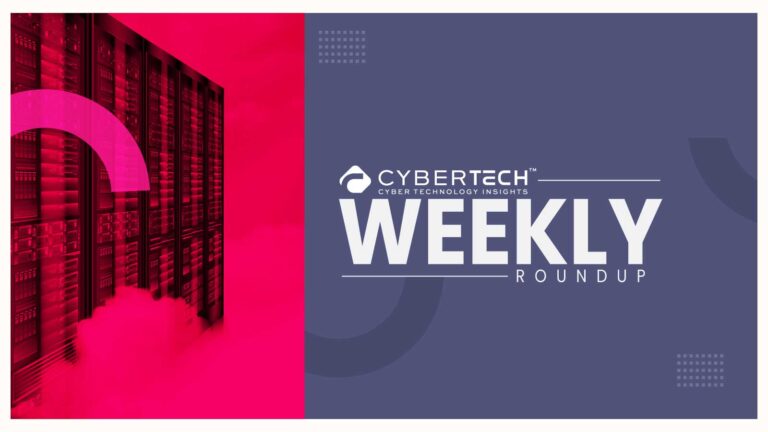Bitwarden, the trusted leader in password, secrets, and passkey management, released the results of a survey of over 1,000 IT and cybersecurity leaders, including managers and above, from the U.S., U.K., and Australia. The report sheds light on the latest cybersecurity trends and current threats facing global IT and cybersecurity decision-makers.
Cyber Technology Insights: iconectiv Highlights Security Commitment This Cyber Month
Generative AI poses a dangerous threat
Respondents were increasingly alarmed by the risks associated with generative AI. With employees incorporating generative AI into their daily workflows, 89% of respondents expressed concern over the security risks these behaviors introduce to their organization’s security posture.
The growing use of generative AI exacerbates the potential for misuse or accidental breaches, especially as threat actors leverage the technology to execute more sophisticated social engineering attacks to steal credentials.
Supply chain vulnerabilities are highly concerning
In addition to the risks posed by emerging technologies, 55% of respondents expressed high concern about third-party supply chain attacks originating from vendors, partners, or customers. With businesses becoming more interconnected, securing the supply chain is essential. Organizations are increasingly adopting stringent measures, such as requiring vendors to provide software bills of material (SBOMs) and conducting regular vendor audits, to protect against breaches from third-party relationships.
Social engineering getting smarter
Given the prevalence of social engineering tactics used by cybercriminals, it’s no surprise that respondents are on high alert regarding the lengths that threat actors will go to steal login credentials.
46% of respondents reported receiving an impersonation-based phishing attempt from their bank, 41% from their financial institution, and 36% from a government entity. The sophistication of these phishing schemes is increasing, with generative AI enhancing phishing attacks, business email compromise (BEC) tactics, and even deepfake threats.
In response, 92% of companies have invested in training employees on new best practices to identify and defend against social engineering scams. Cybersecurity has become a primary focus across businesses, with 78% of respondents stating that security is discussed multiple times, daily or weekly.
Even with advanced threats, the best defense is mastering cybersecurity fundamentals, starting with strong password habits.
Password managers are essential
No matter how robust a company’s cybersecurity infrastructure is, leaked credentials can compromise an entire organization. 92% of IT and cybersecurity professionals agree that password managers are essential to their cybersecurity strategy, highlighting their fundamental role in modern security protocols.
With threats escalating internally and externally, educating employees on proper security habits has never been more critical. 63% of respondents agree that, without a password manager, their IT teams would struggle to teach and enforce best practices across their organizations. Additionally, 65% of respondents have shifted toward biometrics authentication methods in the workplace.
Password managers are viewed as so crucial to business security that 79% of respondents have even recommended them to immediate or extended family members, underscoring their universal benefits.
Survey Methodology:
This was an online survey of 1,148 IT and Cybersecurity leaders in midsize and enterprise companies that was fielded from August 29 to September 10, 2024. Respondents held titles of Manager, Director, Vice President and Chief Officer and were from Australia, the United Kingdom, and the United States. Topline results were weighted to be representative by country and industry. Responses by headcount: 100-999 employees (42%), 1,000-9,999 employees (42%), and 10,000+ employees (16%).
Cyber Technology Insights: 50 Percent of Firms Exclude Cybersecurity in AI Projects
To share your insights, please write to us at news@intentamplify.com
Source -businesswire








